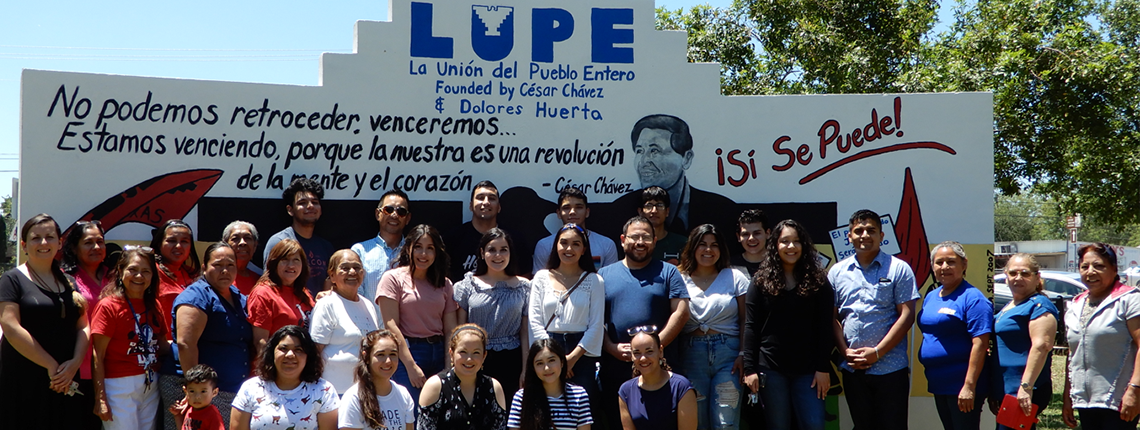CESL 3301.02

Special Topics in Environmental Science
Instructor(s): Dr. J. Kang, Dr. E. Pereira, Dr. M. Torres-Avila
In collaboration with community centers located in low-income periurban neighborhoods, locally known as ‘Colonias’, we will engage students to develop and improve organic vegetable gardens. Community leaders have previously expressed that due to the lack of gardening knowledge and technologies adapted to the available resources, their existing gardens have not been successful to the point of compromising local food and nutritional security initiatives.
Dr. Pereira, Dr. Kang, and Dr. Torres-Avila and students will develop planting, fertilization, and irrigation systems for communal gardens integrating the needs and resources available. The community members will be encouraged and guided in experimentation to gain experiences in a range of technologies needed not only in the community center gardens but also in their own gardens.
Students are expected to


